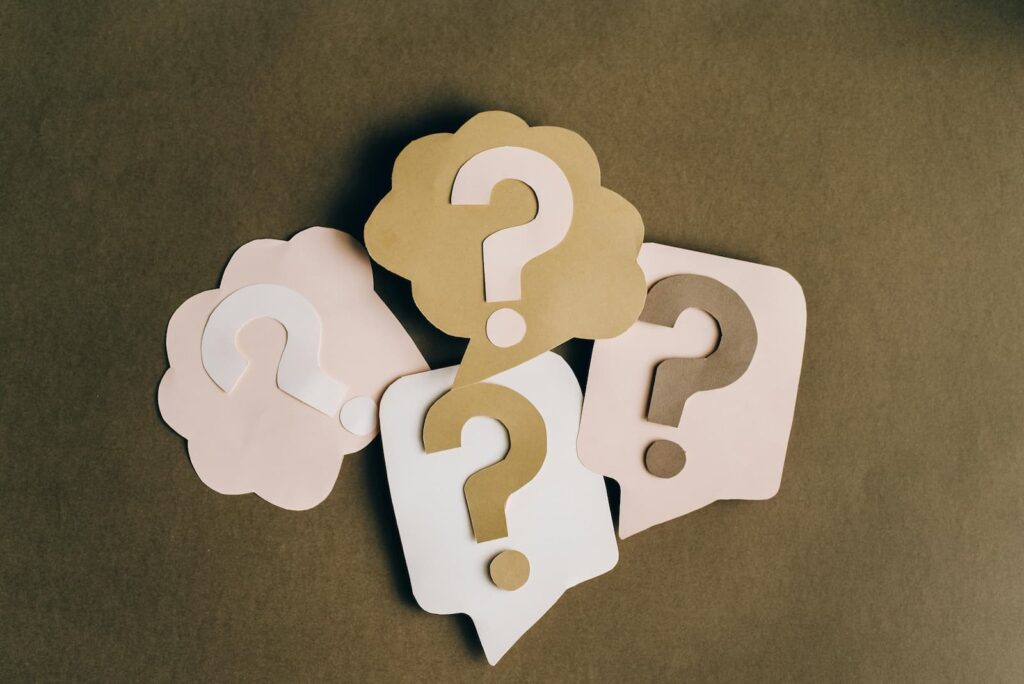
10 Expressions Students Can Use Instead of "I Don't Know"

For everyone, there are times when we don't quite understand what has been said to us. Those of us who are fluent in English will have several ways to respond, depending on the situation.
Many English learners, however, will be limited to a simple "I don't know," which isn't always the best choice, especially in formal settings.
Therefore, sharing a few useful alternatives can better prepare them to handle these situations in a more positive and professional way.
Formal Phrases
I’m unclear on/about~

This and the following expression are for general topics.
I’m sorry, but I’m unclear on this detail of the report.
I’m (a little) confused about ~
I'm a little confused about the final portion of your presentation.
I’m not sure what you mean by ~
This and the following expression are used when confirming a specific point that was mentioned earlier.
I’m not sure what you mean by “soon.” Do you need it today?
I need clarification on ~
I need a bit of clarification on this point.
I’m (a bit) lost.
This useful for ideas in addition to physical locations.
I’m a bit lost. Can you explain this document to me?
Casual Phrases
The following expressions, useful in informal settings, are good for students to be familiar with even if they don't use them themselves.
I don’t have the foggiest (idea).

This is a good opportunity to explain the common idea of clarity equalling understanding, as something that is "clear" is understood, while something "foggy" or "unclear" represents confusion or questions.
I don’t have the foggiest idea about what he meant by that.
Be sure to also mention the shortened version.
I don’t have a clue.
We don’t have a clue where to begin.
There's also the shorter “No clue,” which is useful as a response to a question in very informal situations.
I have no idea.

Jasmine asked me to recommend some local restaurants, but I have no idea what to tell her.
Don’t look at me.
The following two phrases are more examples of casual responses to a question.
Your guess is as good as mine.
Wrap-up
The most frequently used expressions tend to have a variety of alternatives, and "I don't know" is no exception.
But even in these moments, it's important that learners can express themselves in ways that are appropriate for the situation. So learning at least a few examples for both formal and casual circumstances will help them to communicate comfortably no matter what.
